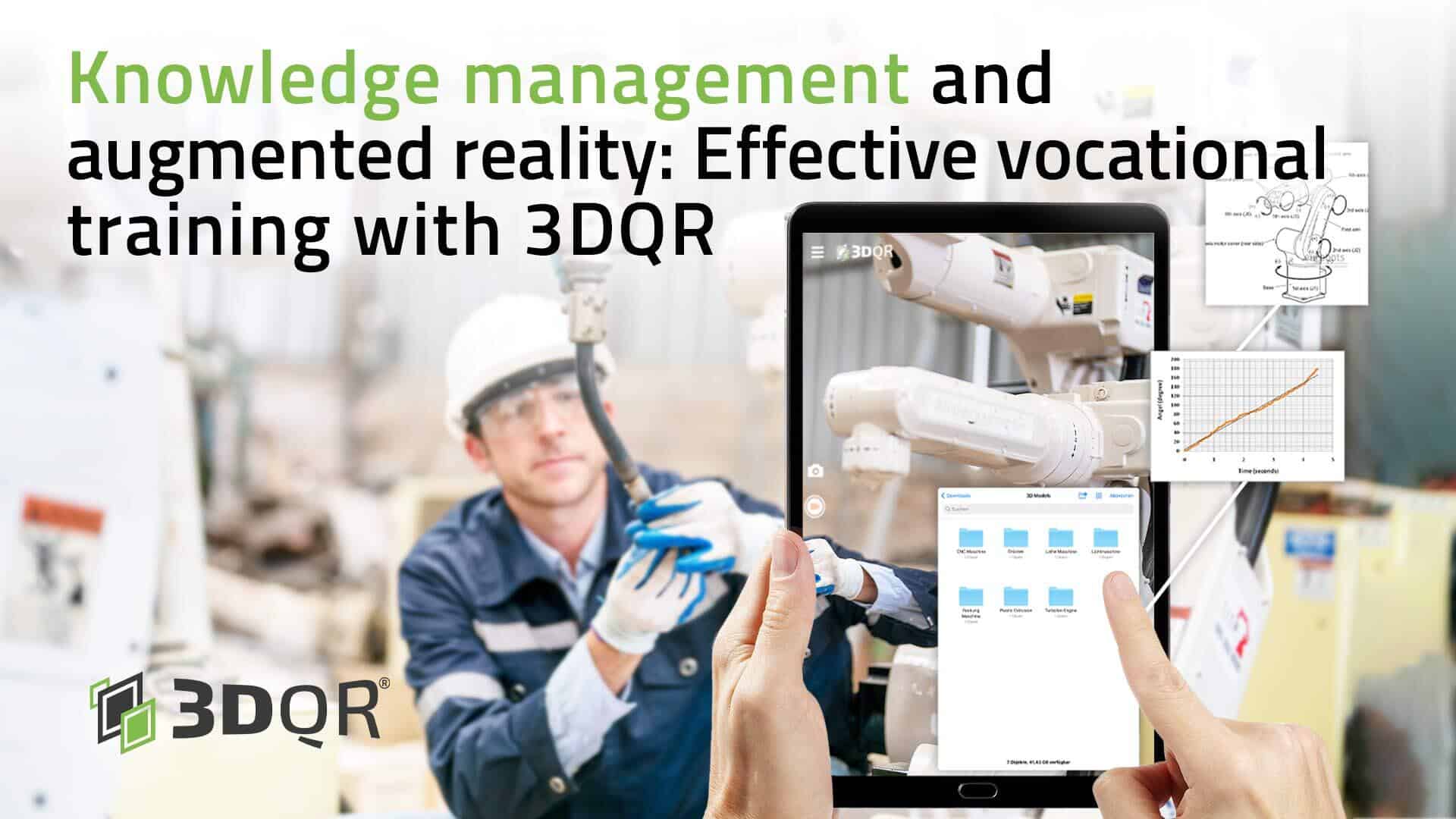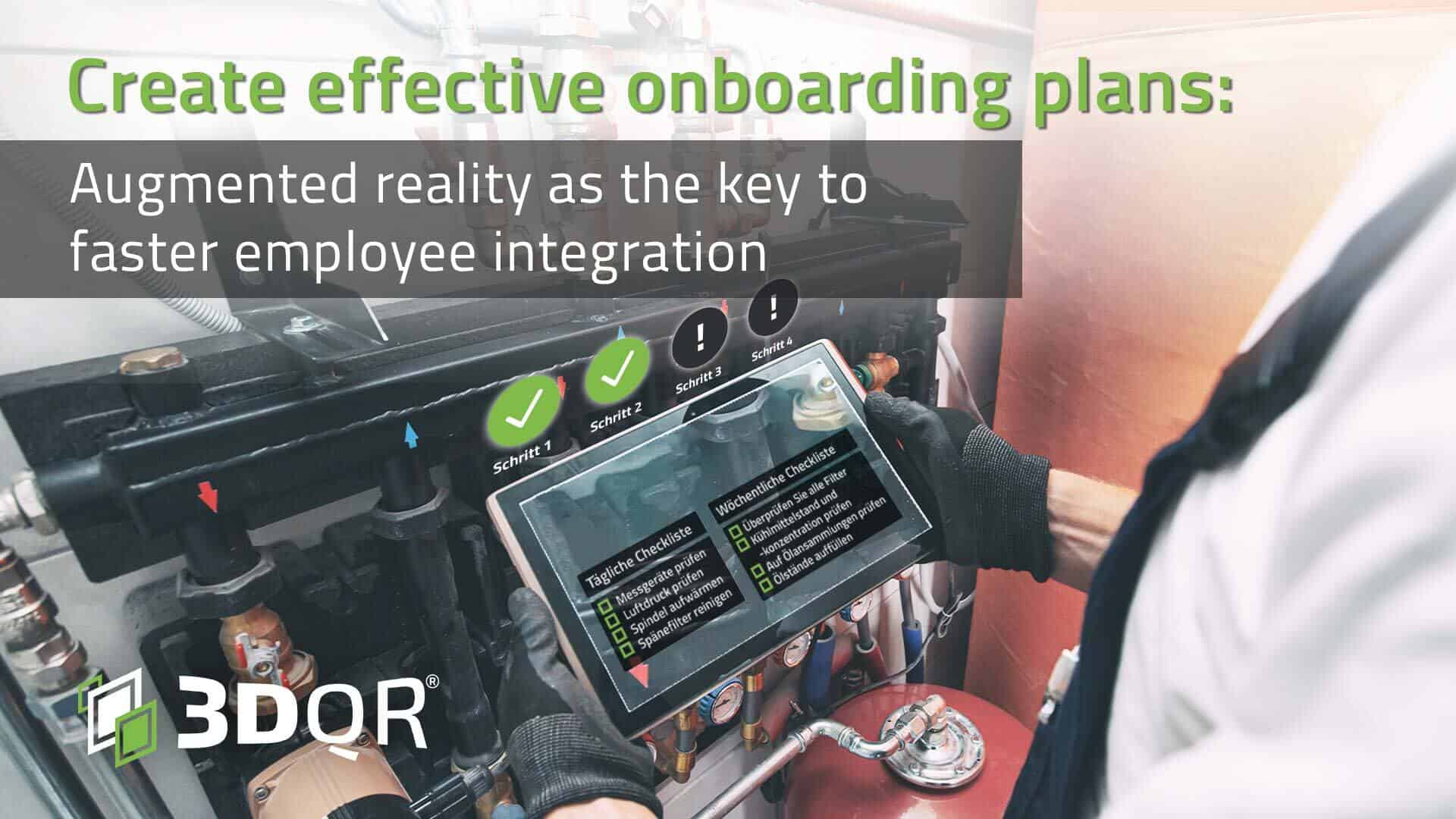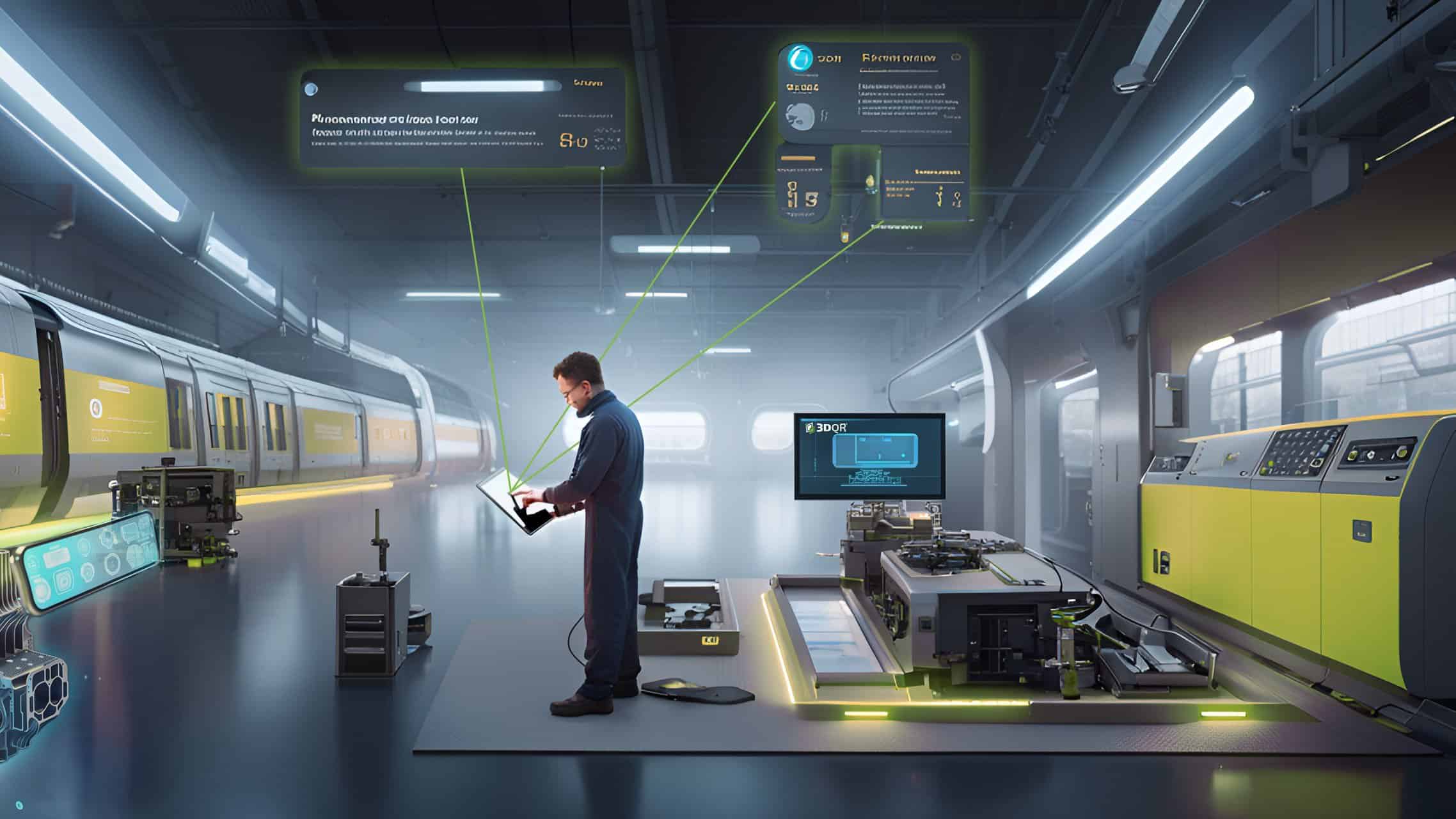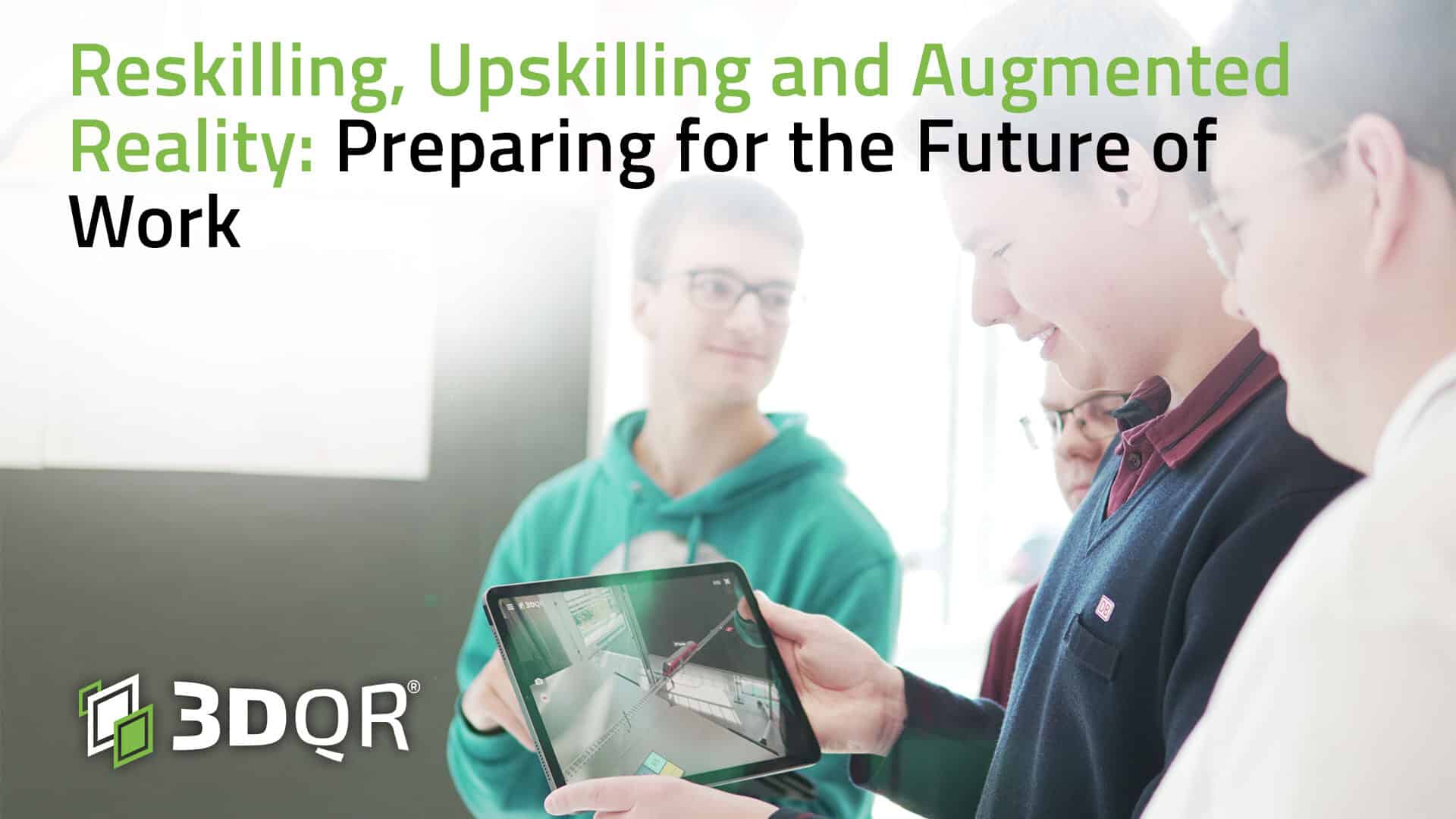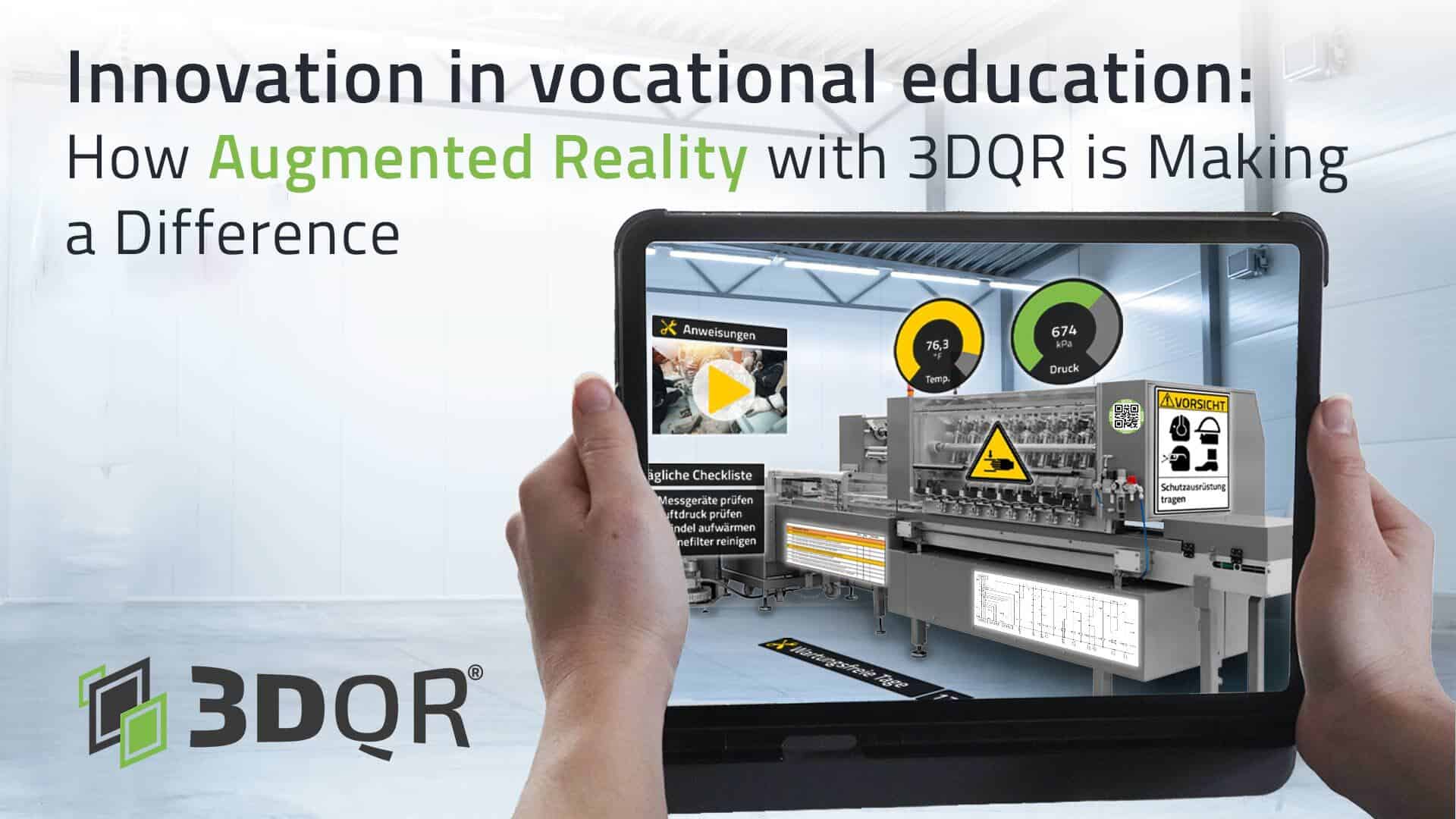Inhaltsverzeichnis
Innovative technologies are changing the structures of entire companies. What the top management of future-oriented companies should know about this trend.
We introduce to you the six most important technologies that have and will continue to have a significant influence on your entire business world.
Augmented Reality (AR). With this technology, the user is acting in the real world, but is simultaneously perceiving pictures and sounds from a parallel digital world. AR therefore allows two realities to overlap and can thus provide significant added value for various economic sectors. Warehouse workers for example can use AR glasses to obtain information about the contents of shelves without having to open them. But even in the manufacturing industry, where large, complex machines are used, AR can make everyday work much easier by accurately identifying defective components and even giving instructions for the reparation.
Virtual Reality (VR) allows users, unlike their sibling AR, to immerse themselves in a whole new computer-generated 3D environment by using VR headsets or VR-enabled 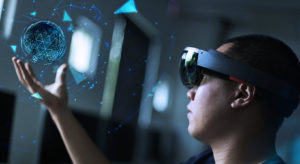
Artificial Intelligence (AI) is an umbrella term for technologies that are designed to experience and to learn from certain situations in life. Based on these experiences, the machines then draw conclusions for the future and act accordingly more intelligently. Systems that are classified as AI are, for example, robot-controlled process automation, machine learning, natural language processing or neural networks. In contrast to conventional software, AI is able to simulate certain human decision-making structures and react independently to the signals from the environment. These signals can and must no longer be directly predicted by programmers. The machine acts completely independently.
Blockchain represents a decentralized contact point within a peer-to-peer network. Such blockchains can be used, among others, to carry out money transfers or to track online votes without the need for a central certification body. Furthermore, this technology allows any type of data to be managed and linked decentrally. The ability to manage a wide variety of data records from any location makes blockchains an increasingly popular medium for the organization of accounting systems. However, one of the biggest advantages of this method over centrally managed systems is its high transaction security, which makes subsequent manipulation almost impossible.
Internet of Things (IoT). The Internet of Things includes all technologies in which physical and virtual objects are linked to collect, exchange and process data. No human intervention is necessary and the individual electrical units can still help significantly in everyday activities without distracting the user and without attracting attention at all. In addition, these sensors, software systems and network connections are becoming smaller and smaller, so that they can be embedded in more and more devices. This is how IoT promises to be a massive potential for the future of our digital world, which can be even further increased if it is combined with systems such as artificial intelligence.
Robotics is used to support people in their daily work, which requires increased intelligence, improved recognition and optimized control. In addition to this, the capabilities of robots have been considerably optimized in recent years by expanding and automating their activities. Furthermore, they are increasingly used outside the factory by interacting with real customers and employees. It has already become part of everyday life that lawn mowers, radiators or cars network with each other and thus are highly adaptable.
In the light of all these technical developments, one can already predict what opportunities digitalization will hold for companies in the future. Our company 3DQR is a specialist in the field of Augmented Reality and can develop innovative AR solutions for many problems that arises in your company. We are very excited to see how we can work with you to create advanced solutions for the success of your business.

